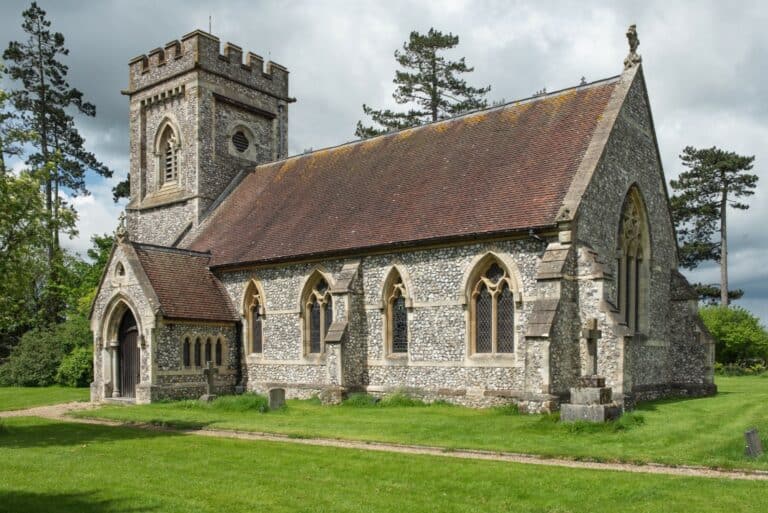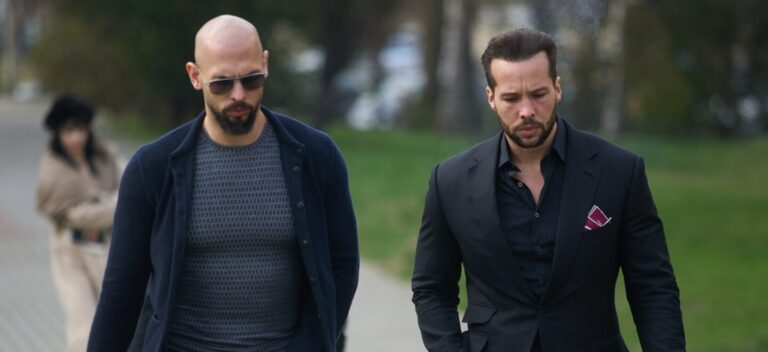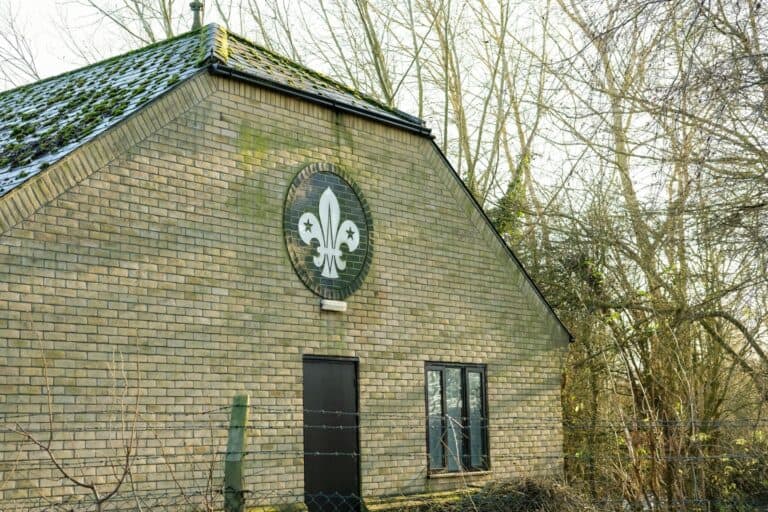A vulnerable adult is a person aged 18 years or over who is unable to care for themselves or protect themselves against significant harm or exploitation. They may:
- be elderly, and physically or mentally frail
- have a learning disability
- have a physical disability and/or a sensory impairment
- have mental health issues including dementia or a personality disorder
- have a long-term illness or condition that means they need help to carry out everyday tasks
- misuse substances or alcohol
- be unable to demonstrate the capacity to make decisions
- have undergone a recent trauma, such as a bereavement, a divorce or loss of a job
- be in an abusive relationship
- be homeless
Of course, if you or someone you know falls into any of the categories above, it doesn’t automatically mean you (or they) are considered a vulnerable adult. It’ll all be down to the individual circumstances of each case. It should also be noted that people can be considered vulnerable temporarily – while recovering from an operation, for example – and may be targeted by perpetrators of abuse during this time too.
Below we’ll help you to understand the different types of abuse that vulnerable adults can suffer, in particular, sexual abuse and institutional abuse.
What is adult abuse?
So, how do courts classify “adult abuse?” Adult abuse is when an individual exerts power or control over a person aged 18 or over, in a way that harms them, exploits them or causes them distress. It can be a one-off event although most of the time abuse happens over a sustained period of time.
Anyone can be an abuser: friend, relative, partner, ex-partner, care-worker or stranger. Adult abuse can be committed by one person or by a group of people working in cohort with one another. While there is never an excuse for being abusive, in some cases the perpetrator of the abuse may not be doing it intentionally. It may be because they haven’t been given the proper training or support during times of stress.
The types of abuse that you can be looking out for are:
- Physical abuse
- Sexual abuse
- Psychological abuse
- Modern slavery
- Financial and material abuse
- Neglect and acts of omission
- Self-neglect
- Domestic violence
- Discriminatory abuse
- Organisational abuse
What is sexual abuse in adults?
Adult sexual abuse is any contact or non-contact sexual activity that happens without consent or understanding, or with forced consent. It includes:
- Sexual violence, such as rape, date rape, attempted rape, groping or forced kissing
- Sexual harassment
- Indecent exposure
- Voyeurism
- Stalking
- Grooming
- Involvement in pornography without consent
- Image-based sexual abuse (known as “revenge porn”)
If you think about any sexual behaviour that would make you feel uncomfortable, afraid or intimidated, it could fall in the category of sexual abuse.
Any sexual behaviour that makes a person feel uncomfortable, afraid or intimidated could fall in to the category of sexual abuse. If sexual abuse is happening in exchange for something – affection, food, drugs, shelter, protection or money – it’s considered sexual exploitation.
Vulnerable adults are particularly at risk of sexual abuse and exploitation. This could be for a variety of reasons, including if:
- they are immobile and unable to get away from their abuser
- they have trouble communicating what is happening to them
- they lack sexual knowledge and understanding of what inappropriate behaviour is
- they may believe they’re part of a consensual relationship
- the abuser has threatened them physically or verbally
- the abuser may have isolated them from friends and family
When a vulnerable adult is sexually abused, it can have long-term, potentially-irreversible adverse effects, affecting their physical, mental and emotional health. Unfortunately, it can also be difficult to spot the signs of sexual abuse in vulnerable adults, which could mean the abuse is allowed to go on for longer without the perpetrator being caught. But, there are things you can do to help reduce the risk of sexual abuse in vulnerable adults – you can read our article on the topic to find out more.
What is institutional abuse in vulnerable adults?
Another factor when it comes to the abuse of vulnerable adults is organisational abuse or institutional abuse. It’s a term given to the abuse or neglect of vulnerable adults within an institution or specific care setting. The term covers any sort of mistreatment, such as not allowing flexibility with bedtimes or not offering a choice in the meals that are provided, all the way through to physical violence and sexual abuse.
Sadly, instances of institutional abuse are not uncommon. According to a BBC investigation in 2016[1], between 2013 and 2015, more than 2,000 allegations of sexual offences in adult care homes were made to UK police forces. During the same period, the Care Quality Commission (CQC), which monitors and regulates care homes in England, was made aware of more than 6,000 “safeguarding concerns and alerts” at care homes, ranging from inappropriate touching to more serious allegations.
It’s not easy to identify the signs that an institution or organisation might have individuals who might abuse the people using the service. But, there are some indicators you can look out for:
- Lack of flexibility and choice for the adults using the service
- Inadequate staffing levels
- Staff are poorly trained or poorly supervised
- The adults using the service are hungry or dehydrated
- Poor standards of care
- Lack of personal clothing and possessions
- Lack of adequate procedures
- Poor record-keeping and missing documents
- Absence of visitors
- They offer few (if any) social, recreational or educational activities
- The staff publicly discuss the situations of the people using the service
- There is unnecessary exposure during bathing or using the toilet
- Absence of individual care plans
Specific signs of sexual abuse you might notice are: pain and bruising around the inner thighs, pain when walking or sitting, and torn or bloody underwear.
If you’re concerned about a vulnerable adult, don’t ignore your instincts. In our article on what to do if you suspect abuse, we cover some of the avenues you could explore to take action. You could also contact one of our experienced specialist solicitors who can help answer any questions you may have.

















